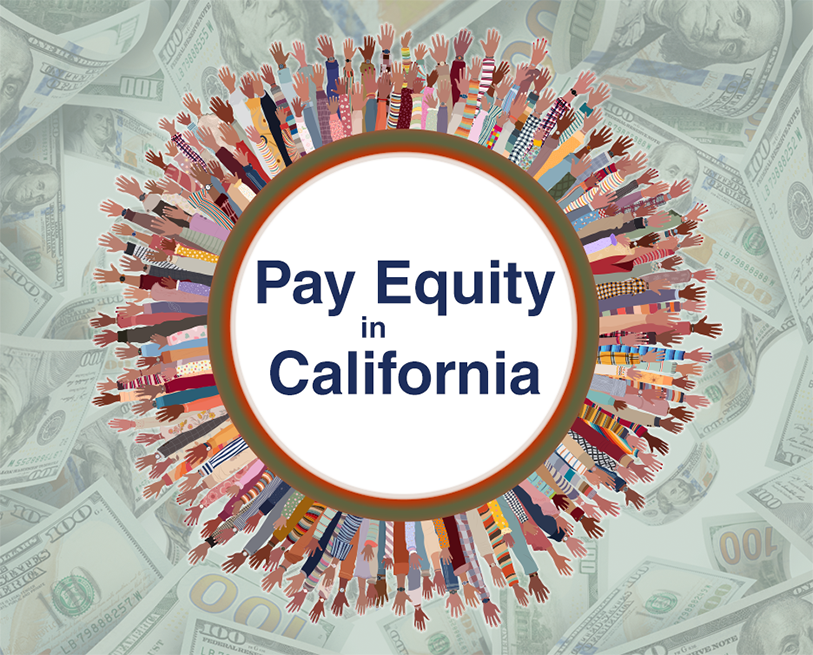On May 2, 2023, the California Chamber of Commerce (CalChamber) signed California’s Equal Pay Pledge, underscoring its commitment to and endorsement of efforts to close the gender pay gap.
In conjunction with signing the pledge, CalChamber has released a white paper that outlines pay equity-focused requirements in California with an emphasis on employer compliance issues, tips and best practices.
California has had equal pay laws on the books for decades, beginning in 1949 when the Equal Pay Act — a law aimed at correcting gender-based wage discrimination and rectifying “the segregation of women into historically undervalued occupations” — went into effect. In recent years, however, the state has focused even greater attention on pay equity issues — not only on closing the gender pay gap, which has slowed in recent years, but also reducing disparities based on race and ethnicity.
Ultimately, California has many statutes, including the Equal Pay Act, Fair Pay Act, Wage Equality Act, pay data reporting law enacted in 2021, pay scale disclosure requirements effective in 2023 and the California Fair Housing and Employment Act’s (FEHA) prohibition on discrimination in compensation decisions. And these statutes, combined with their accompanying regulations, have created robust employee protections against unlawful pay disparities.
These statutes and accompanying regulations also bring with them complicated compliance issues regarding employers’ compensation practices, including the basic equal pay law framework, as well as recent salary history restrictions, pay scale disclosures and pay data reporting requirements.
CalChamber’s latest free white paper, California’s Focus on Pay Equity Increases Responsibilities for Employers, includes:
- Equal Pay Act basics;
- Salary history restrictions;
- Pay disclosure requirements;
- Pay data reporting for large employers; and
- Tips and best practices for complying with pay equity laws.
The California’s Focus on Pay Equity Increases Responsibilities for Employers white paper is now available for nonmembers to download. CalChamber members can access this white paper on HRCalifornia. Not a member? See how CalChamber can help you.




